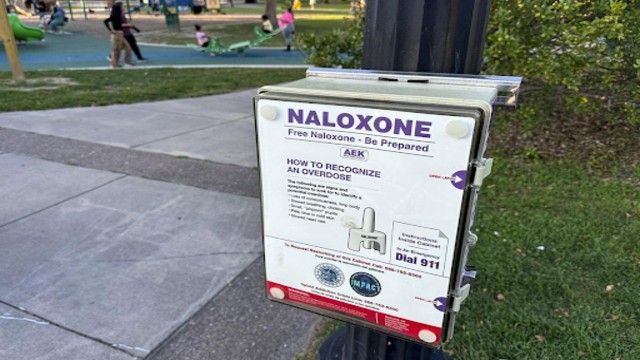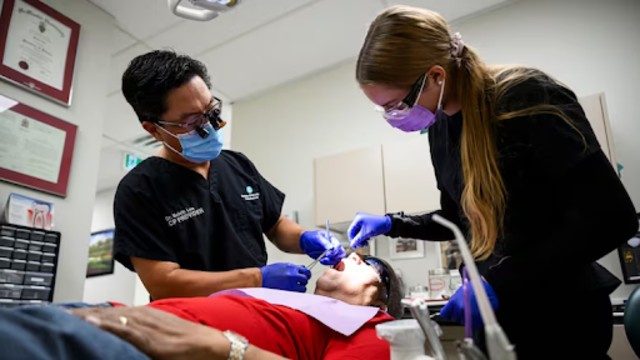
Several Canadian provinces are seeing an unusually high number of whooping cough cases. CBC News
Cases of whooping cough are surging across Canada, with some provinces seeing dramatic increases compared to pre-pandemic levels. Quebec is experiencing the most significant rise, reporting over 11,670 cases this year. This marks a considerable jump from the annual average of 562 cases between 2015 and 2019. Most affected are individuals aged 10 to 14, according to a Quebec health ministry spokesperson. The previous peak in Quebec occurred in 2019, with 1,269 cases.
Ontario is also seeing a spike, with 470 cases reported by June, far exceeding the five-year average of 98. In Toronto, there have been 99 cases so far this year, and Ottawa has reported 76 cases, both numbers more than double their pre-pandemic averages. Kingston, Frontenac, and Lennox & Addington Public Health have also noted an increase and urged parents to ensure their vaccinations are up to date.
New Brunswick has declared a whooping cough outbreak, with 141 cases reported, surpassing the five-year average of 34 cases annually. This is the first significant outbreak in the province in over a decade. Dr. Yves Léger, New Brunswick's acting chief medical officer, suggests that the province was due for an increase in cases, and he anticipates that the situation may worsen before it improves due to heightened public awareness and more reporting.
Dr. Theresa Tam, Canada's chief public health officer, emphasized that whooping cough is highly contagious and can be serious for young children. The disease, also known as pertussis, is cyclical, typically seeing increases every two to six years. Dr. Allison Chris from Toronto Public Health notes that we are currently in one of these cycles.
The illness begins with cold-like symptoms but progresses to severe coughing fits that often end with a distinctive "whoop" sound as the person struggles to breathe. While the disease is vaccine-preventable, there are concerns about decreased vaccine coverage since the COVID-19 pandemic. Dr. Anna Banerji, a pediatric infectious diseases specialist, points out that COVID-19 vaccine hesitancy may have affected routine vaccine uptake, and immunity from pertussis vaccines can wane over time.
In addition to routine childhood vaccinations, booster shots are recommended for older children and adults. Pregnant women are also advised to receive a pertussis vaccine to protect their newborns. The rise in cases is not isolated to Canada; similar trends have been reported in the United States and other countries, prompting the Pan American Health Organization to issue a warning and encourage improved surveillance and vaccination efforts.















